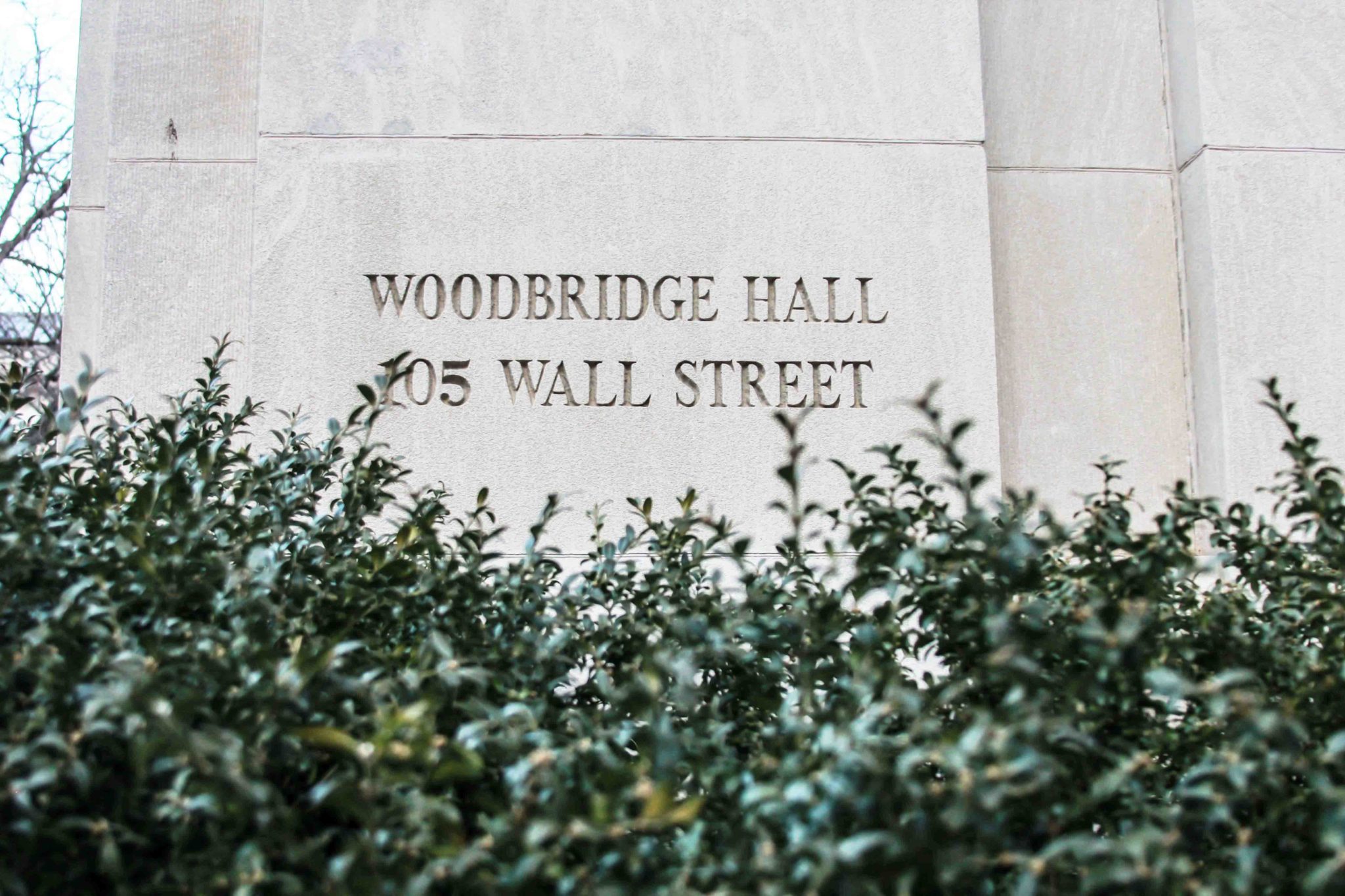
Yale and nearly 800 other colleges and universities last week urged Congress to pass new legislation protecting undocumented immigrants who came to the U.S. as children in a joint letter to congressional leaders, as the expiration of protections under the Deferred Action for Childhood Arrivals program approaches.
The letter — addressed to Speaker of the House Paul Ryan, House Minority Leader Nancy Pelosi, Senate Majority Leader Mitch McConnell and Senate Minority Leader Chuck Schumer — comes a month after President Donald Trump announced plans to roll back DACA protections by March 2018. The Obama-era legislation protects from deportation undocumented immigrants who entered the U.S. before the age of 16, commonly referred to as “Dreamers.” In his announcement, Trump urged Congress to pass a replacement for DACA before the March deadline. Emphasizing “widespread” support for the protection of DACA recipients, last week’s letter called for “a long-term legislative fix as soon as possible” to protect undocumented immigrants brought to the U.S. as children.
“Colleges and universities have seen these remarkable people up close, in our classrooms and as our colleagues and friends,” the letter states. “If we are unable to protect these Dreamers, we will be shutting the door to an entire generation of individuals who seek to contribute their best to America.”
In the letter, the signatories cited a Fox News poll that found that 62 percent of Americans view congressional legislation for DACA recipients as very or extremely important. The letter also notes that a Washington Post-ABC News poll found that 69 percent of adults support allowing DACA recipients to stay in the United States if they completed high school or served in the military and have not committed a serious crime.
As the letter reached congressional leaders last week, University President Peter Salovey lobbied for a pathway to citizenship and legal status for DACA recipients, as well as other University issues, in closed-door meetings with senators and White House policy staff. “The conversation about immigration is happening against the larger background of higher education [institutions advocating] this issue and expressing it to members of Congress,” Salovey said.
In an interview with the News, Salovey said he remained optimistic that there would be a pathway to citizenship for so-called “Dreamers” and other undocumented immigrants.
The letter was drafted by the American Council on Education, an advocacy group for higher education policy. The University often signs onto association letters regarding issues that are important to Yale and other organizations, said University spokeswoman Eileen O’Connor.
“We have made unilateral statements regarding our positions on DACA and our desire to encourage Congress to find a path to citizenship,” O’Connor said. “When we see fit, we do like to join with like-minded institutions because there is power in numbers.”
Last week’s letter to policymakers is not the first signed by Yale and hundreds of other universities advocating for immigration reform. Following Trump’s election last November, Pomona College rallied more than 160 university presidents to urge Trump to defend and expand DACA, citing “a moral imperative” and “national necessity.”
And in a letter coordinated by the American Council on Education last March, more than 560 colleges and universities, including Yale, thanked Trump for his positive comments about DACA recipients, whom he called “incredible kids,” asking the president to maintain DACA.
But in early September, Trump, who initially seesawed on providing a pathway to citizenship for undocumented immigrants, announced plans to roll back DACA. Arguing that undocumented immigrants are lawbreakers who have taken American jobs and reduced wages, Trump and Attorney General Jeff Sessions offered no intermediary policy for the 750,000 people who could face deportation in just a few months.
Last month, Ryan, one of the letter’s recipients, said he expects Congress to reach a legislative solution for DACA recipients by March. But McConnell said in a September statement that Trump’s executive order calling for the repeal of DACA “corrects that fundamental mistake” by former President Barack Obama.
Since Trump’s inauguration last January, leaders in higher education have grappled with the question of how to use their institutional voices to address controversial Trump policies provoking protest by students and faculty.
In a campuswide email sent just as 1,000 people congregated on Cross Campus to denounce Trump’s immigration ban last January, Salovey said he and others questioned the motivation behind the executive order. Similarly, Harvard President Drew Faust called on Congress, the judicial system and the Trump administration to reconsider the policy. The provost of Brown University and president of Cornell University sent out messages of support for affected students and called the executive order troubling.
Last February, Yale, Harvard, Stanford and 14 other top universities filed an amicus brief in the U.S. District Court for the Eastern District of New York. The universities stressed the importance of international collaboration in higher education and the “serious and chilling” implication of the immigration ban for international scholars.
Despite the collective call to action and messages of support for affected students, though, few university presidents, including Salovey, have directly criticized the president or publicly spoken out against him. University of Pennsylvania President Amy Gutmann is the only current Ivy League president to have named Trump in a public speech.
“We will do everything in our power, speak to every friend and ally and leave no stone unturned in our efforts to urge President Trump to change course and rectify the horrible damage this order has caused,” Gutmann said in a speech during a Faculty Senate protest against Trump’s immigration order last January.
As 501(c)3 organizations, nonprofit universities are prohibited from endorsing or opposing political candidates, and university leaders are prohibited from making “partisan comments,” according to Internal Revenue Service guidelines.
Hailey Fuchs | hailey.fuchs@yale.edu







